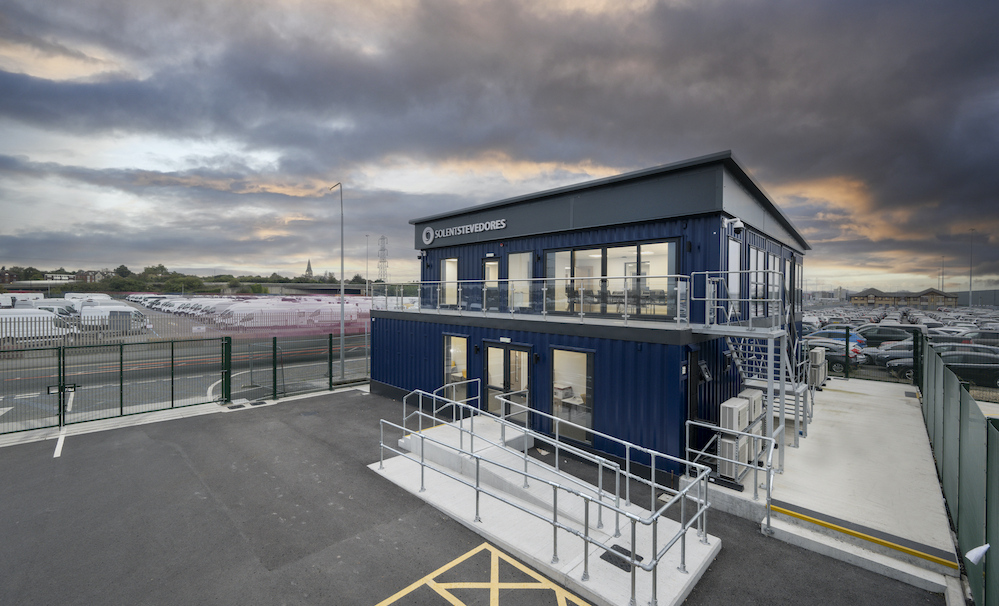NAVTOR is to spend the next three years helping the EU chart a route towards autonomous vessels. The Norwegian firm, a global leader in e-Navigation technology and services, has been selected to represent the maritime industry in the ENABLE project – conceived to prove, verify and validate the safety of autonomous vehicles in Europe. NAVTOR has now received funding to investigate the concept of ‘shore-based bridges’, a crucial steppingstone on the path to autonomy.
ENABLE was originally proposed by the car industry, before the EU widened its scope to take in the full spectrum of transport, including ships. NAVTOR was chosen to represent the maritime sector’s efforts due to its expertise and innovation in the field of navigation, planning and monitoring. The firm’s technology currently connects vessels and shore-based facilities worldwide to optimise routes, safety, efficiency and overall fleet management.
“It’s an honour to be selected as the sole representative for our industry,” comments NAVTOR e-Navigation Project Manager Bjørn Åge Hjøllo. “The opportunity to work alongside established leaders in analogous transport sectors – learning from them, sharing knowledge and collaborating for new technical solutions – really is ‘once in a lifetime’.
“The shared goal is important for Europe, while the expertise we accrue will obviously be of huge benefit to our customers – all of whom can take advantage of key elements of shore-based bridges.”
NAVTOR’s role in ENABLE, which runs through to October 2019, will focus on testing the validity of the software element of a remote bridge concept. This will be built upon continuous data sharing between vessels and land, with key navigation functions migrating from the crew to office-based teams. Shore-based bridges will not be central to the day-to-day operation of autonomous vessels, but will be a vital part of their support infrastructure, allowing those onshore to take charge of individual ships when necessary.
“We believe autonomous vessels will be a reality within the next 10 to 15 years,” Hjøllo states. “Shore-based bridges will be a vital part of realising that vision.
“However, before that point there is work to be done. We can use our expertise with software, monitoring, planning, and the secure transfer of data between vessels as a platform to build upon. Together with actors from sectors such as research institutes and the car industry, which has already made huge leaps steps forward in autonomy, we can accelerate the development of safe, reliable and innovative solutions for maritime.
“This is a long-term project with huge potential. We’re delighted to be taking the maritime lead.”
NAVTOR launched the initiative with a pre-project meeting for 16 European experts, representing some of Europe’s leading research and development institutions, in its hometown Egersund last month. Other ENABLE participants include IBM, Philips Medical Systems, Renault, Tieto and Siemens.
NAVTOR was established in 2011 and has since grown into a global e-Navigation leader, with a network of offices in Norway, Russia, Japan, Sweden and Singapore. Its product portfolio includes advanced ENC services, publications, weather services, routing, and NavStation, the world’s first digital chart table, integrating all necessary navigation information onto one digital platform, with easy vessel to shore information exchange.






